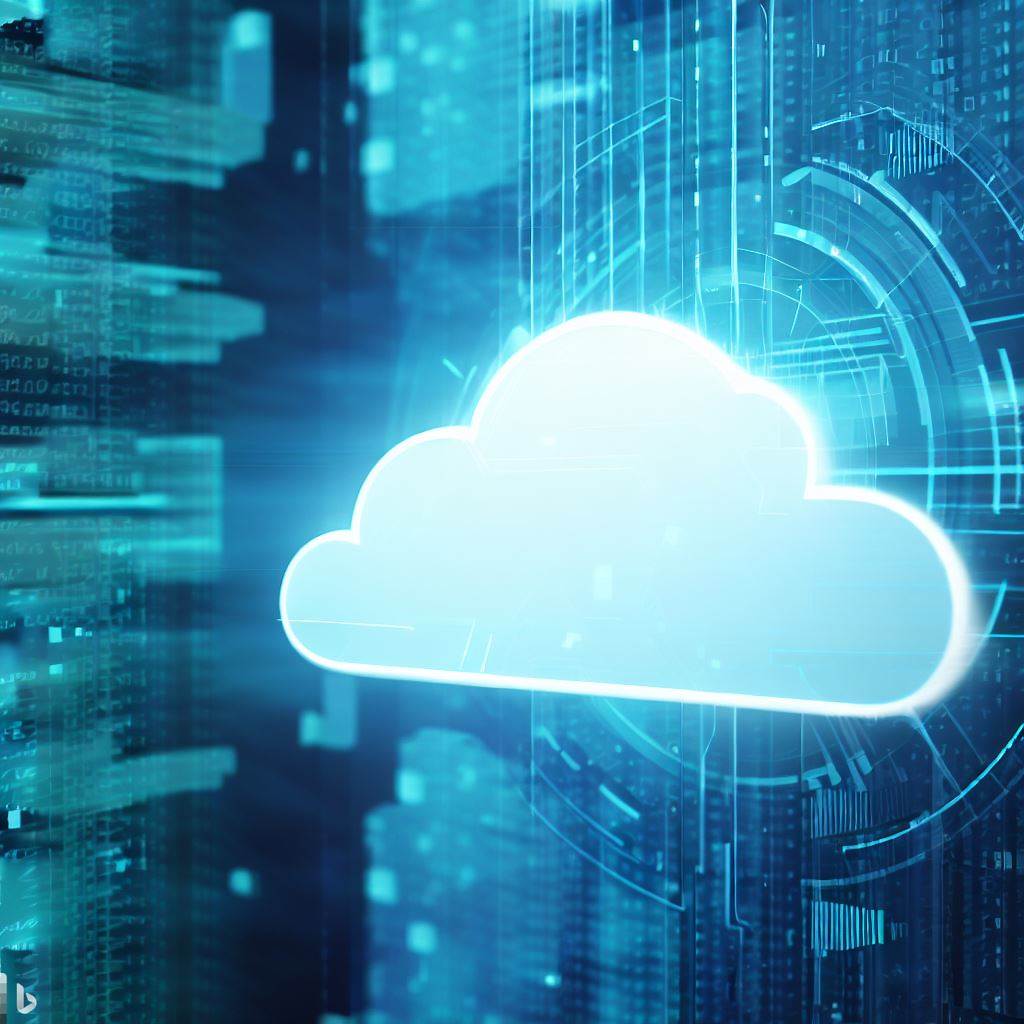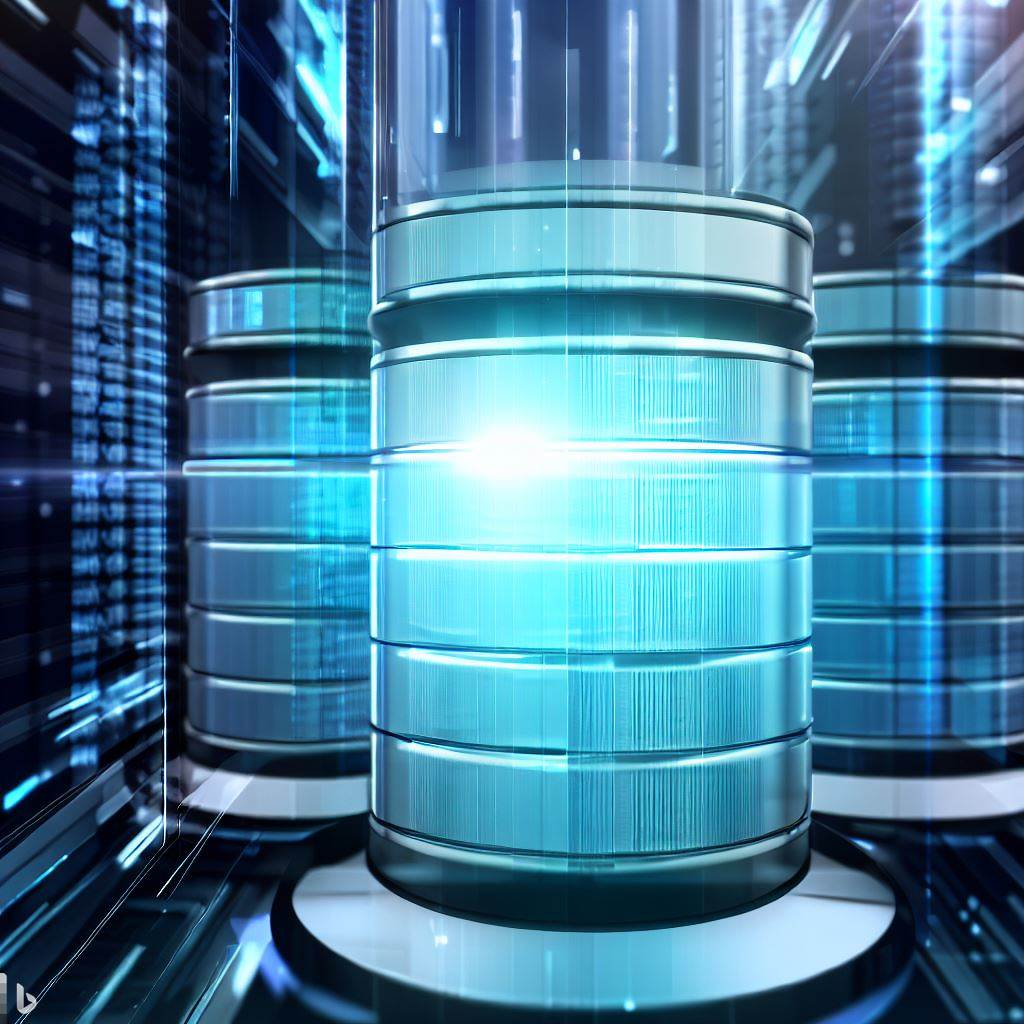In today’s digital age, data has become the lifeblood of businesses and organizations worldwide. From customer information to financial records and intellectual property, data is a critical asset that must be protected at all costs. As the complexity and volume of data continue to grow, so does the need for robust backup resiliency solutions. In this article, we will explore the latest trends in backup resiliency and how they are helping organizations safeguard their data in an ever-evolving technological landscape.
Understanding Backup Resiliency
Before diving into the latest trends, it’s essential to understand what backup resiliency means. Backup resiliency refers to an organization’s ability to ensure data availability and recoverability in the face of various threats, including hardware failures, cyberattacks, natural disasters, and human errors. It involves creating redundant copies of data and establishing processes and technologies that facilitate data recovery quickly and efficiently.
Do you have a software/mobile development project in mind? Contact us today and let us help you turn your idea into reality. We have the skills, experience, and passion to create amazing solutions for your business needs. Email us at sales@nesesho.com
Want to know more about our Tech Solutions? Visit us at www.nesesho.com
Trend 1: Cloud-Based Backup
One of the most significant trends in backup resiliency is the widespread adoption of cloud-based backup solutions. Cloud platforms offer several advantages, including scalability, cost-effectiveness, and accessibility. With cloud-based backup, organizations can securely store their data in remote data centers, reducing the risk of data loss due to on-premises disasters.
Cloud-based backup solutions also provide the flexibility to adjust storage capacity as needed, making it easier for businesses to adapt to changing data volumes. Cloud providers often include advanced data protection features, such as automated backup scheduling, versioning, and encryption, further enhancing data resiliency.
Trend 2: Artificial Intelligence and Machine Learning
Artificial intelligence (AI) and machine learning (ML) revolutionize backup resiliency. These technologies can predict and mitigate potential issues before they lead to data loss. AI and ML algorithms can analyze historical data patterns and identify anomalies, enabling proactive measures to be taken.
For instance, AI-powered backup solutions can detect unusual user behavior that may indicate a cyberattack or unauthorized access. They can also optimize backup processes by prioritizing critical data and determining the most efficient backup strategies. By harnessing the power of AI and ML, organizations can significantly enhance their data resiliency.
Trend 3: Ransomware Resilience
Ransomware attacks have become a significant threat to organizations of all sizes. To combat this menace, the latest trend in backup resiliency is the development of ransomware-specific features and solutions. These solutions aim to protect backup data from being compromised by ransomware attacks.
One approach is to create immutable backups, which are copies of data that cannot be altered or deleted by unauthorized users, including ransomware attackers. Immutable backups provide a safeguard against ransomware encryption or deletion attempts, ensuring that a clean copy of data remains accessible for recovery.
Moreover, some backup solutions now offer ransomware detection and alerting capabilities. These features can identify ransomware activity within the backup environment, allowing organizations to take immediate action to stop the attack and restore their data from unaffected backups.
Trend 4: Multi-Cloud and Hybrid Cloud Deployments
In pursuit of enhanced backup resiliency, many organizations are adopting multi-cloud and hybrid cloud strategies. Multi-cloud involves using multiple cloud providers to store data, while hybrid cloud combines both cloud and on-premises infrastructure. These approaches provide redundancy and flexibility, reducing the risk of data loss due to provider outages or disasters affecting a single data center.
By distributing data across different cloud providers and on-premises locations, organizations can ensure data availability even in the face of widespread service disruptions. Implementing a well-thought-out multi-cloud or hybrid cloud backup strategy is a proactive measure that contributes to data resiliency.
Trend 5: Data Orchestration and Automation
Data orchestration and automation are key components of modern backup resiliency. Organizations are increasingly using orchestration tools to streamline the backup process and ensure data consistency across multiple platforms and locations. Automation simplifies routine tasks such as backup scheduling, testing, and recovery, reducing the potential for human error.
Furthermore, automated disaster recovery testing is gaining traction. By regularly testing their backup and recovery processes, organizations can identify weaknesses and address them proactively, thus enhancing their overall data resiliency.
Conclusion
In an era where data is more valuable than ever, backup resiliency is a paramount concern for organizations. The latest trends in backup resiliency, such as cloud-based backup, AI and ML integration, ransomware resilience, multi-cloud and hybrid cloud deployments, and data orchestration and automation, represent significant strides in ensuring data availability and recoverability.
As technology continues to evolve, organizations must stay ahead of the curve to protect their data effectively. Embracing these trends can empower businesses to navigate the ever-changing landscape of data protection and maintain the resiliency needed to thrive in the digital age. By prioritizing backup resiliency, organizations can safeguard their most precious asset: their data.
Do you have a software/mobile development project in mind? Contact us today and let us help you turn your idea into reality. We have the skills, experience, and passion to create amazing solutions for your business needs. Email us at sales@nesesho.com
Want to know more about our Tech Solutions? Visit us at www.nesesho.com



